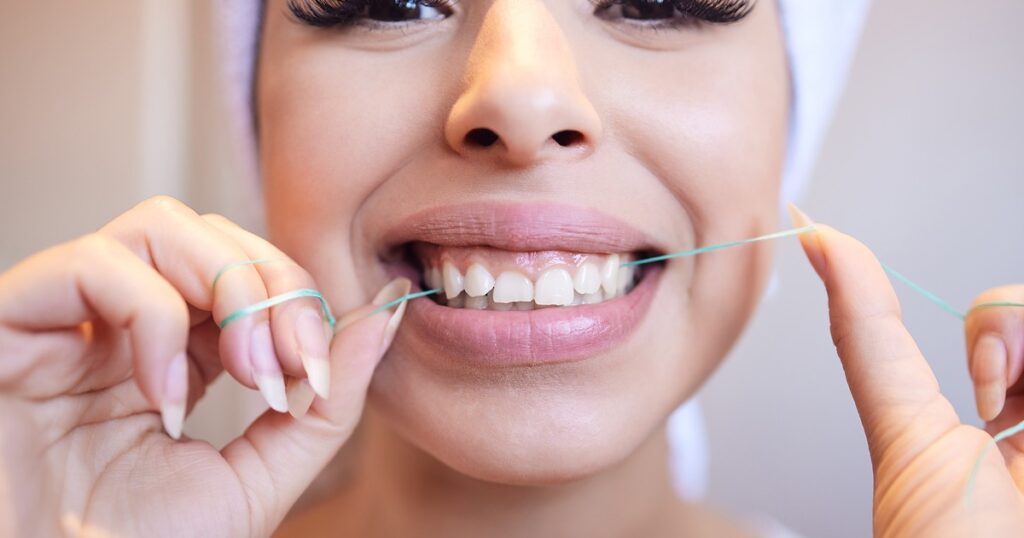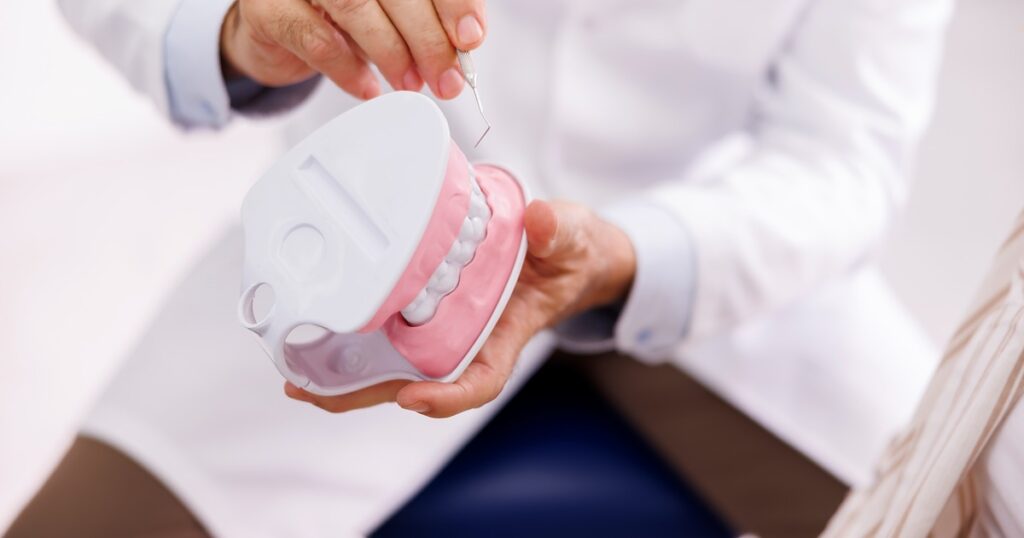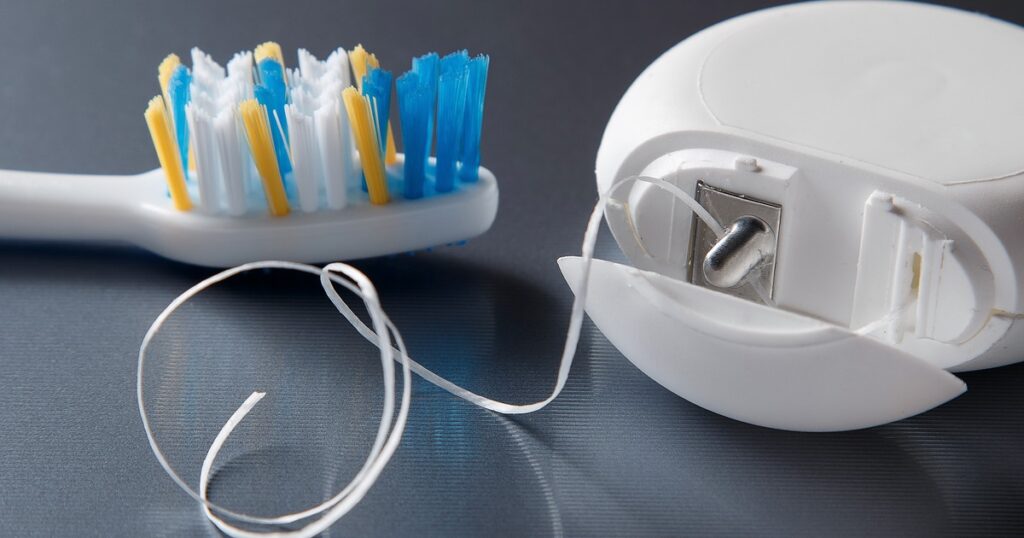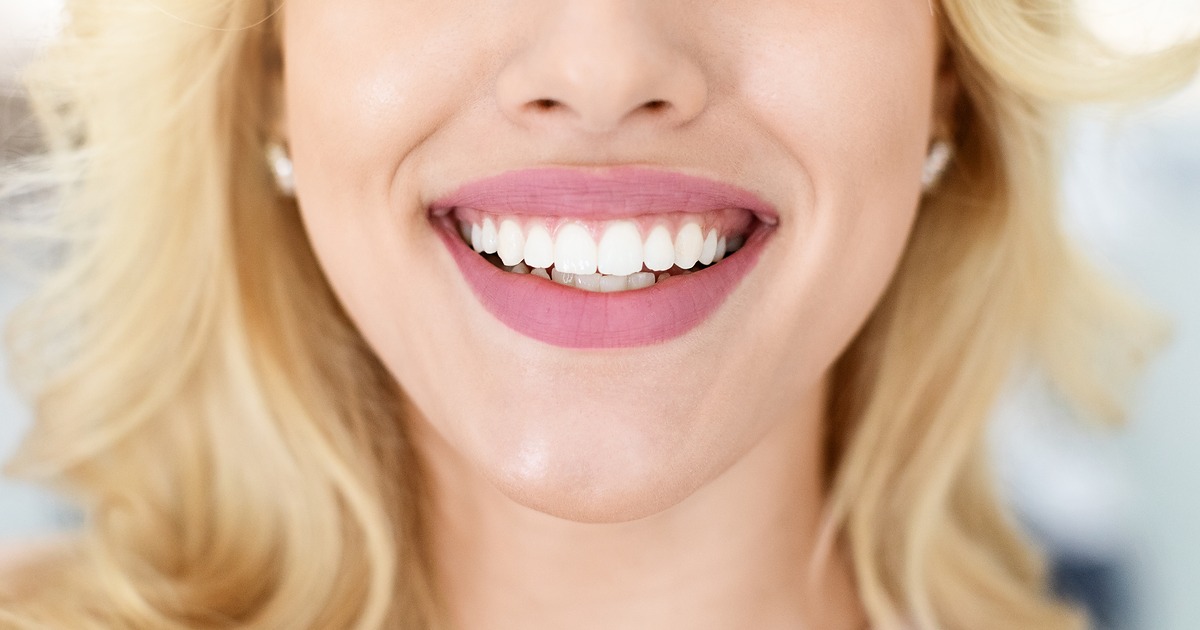Teeth Whitening Guide | Best Methods and Costs
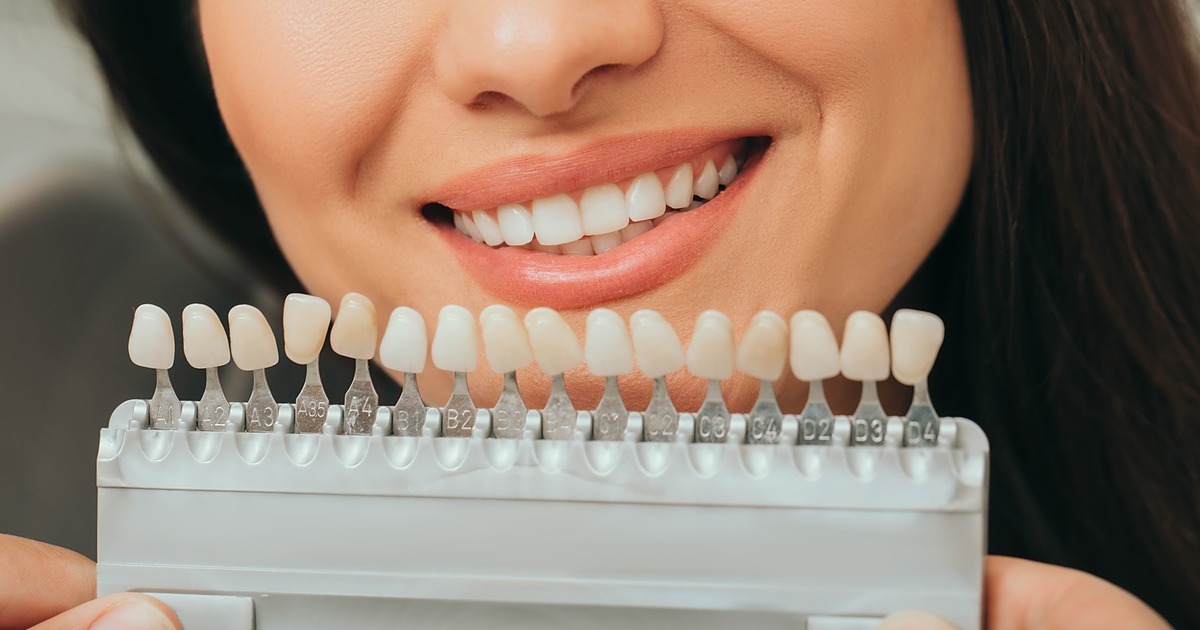
A bright, white smile is something many people desire. Teeth whitening has become one of the most popular cosmetic dental treatments worldwide. Whether it’s through professional whitening at the dentist, at-home whitening kits, whitening toothpaste, or natural remedies, there are many ways to achieve a radiant smile.
This guide will serve on teeth whitening—covering everything you need to know, while also linking specific topics like whitening mouthwash, natural whitening methods, professional treatments, insurance coverage, and product reviews.
Why Do Teeth Lose Their Whiteness?
Before diving into whitening solutions, let’s understand why teeth may lose their natural shine:
-
Food and Drink – Coffee, tea, red wine, and sodas are leading causes of stains.
-
Tobacco Use – Smoking and chewing tobacco can deeply discolor enamel.
-
Poor Oral Hygiene – Not brushing or flossing enough allows plaque buildup.
-
Aging – Enamel thins over time, exposing the yellowish dentin underneath.
-
Certain Medications – Some antibiotics and treatments can darken teeth.
Knowing the cause helps you choose the best whitening solution for long-term results.
Professional Teeth Whitening Options
For those seeking fast and effective results, professional care is often the best choice.
In-Office Whitening
Dentists use stronger whitening agents and special lights or lasers to achieve noticeable results in just one session.
👉 Read more: In-Office Teeth Whitening & Bleaching | Affordable Services
Custom Take-Home Trays
Dentists may also provide trays and professional-grade gel for at-home use. These are safer and more effective than store-bought kits.
Pros of Professional Whitening
-
Quick, dramatic results
-
Safer (done under expert supervision)
-
Longer-lasting effects
Cons
-
Higher cost compared to at-home options
-
Temporary sensitivity may occur
At-Home Whitening Methods
Not everyone wants to spend hundreds at the dentist. Luckily, there are effective at-home whitening solutions.
Whitening Toothpaste & Rinses
Many brands now offer toothpaste and mouthwash designed to whiten teeth. Some use peroxide, others use polishing agents.
👉 Related guides:
Whitening Strips & Kits
Over-the-counter whitening strips and kits are popular for home use. They’re easy, affordable, and effective if used consistently.
👉 Information on: “Best Whitening Strips for 2025: Do They Work?”
Natural Whitening Remedies
For those avoiding chemicals, natural methods like baking soda, activated charcoal, and oil pulling are widely used.
👉 Read more: How to Get White Teeth Naturally at Home | Best Whitening kit and Remedies
Comparing Whitening Products
When choosing a whitening method, it’s important to compare safety, cost, and effectiveness.
| Method | Cost Range | Results Speed | Longevity | Notes |
|---|---|---|---|---|
| Professional In-Office | $300–$1,000 | 1–2 sessions | Long-lasting | Fastest results |
| Custom Dental Trays | $200–$400 | Few weeks | Months | Stronger than OTC kits |
| Whitening Strips | $20–$60 | 1–2 weeks | Months | Affordable, easy to use |
| Whitening Toothpaste | $5–$15 | Daily use | Continuous | Best for maintenance |
| Mouthwash | $5–$10 | Weeks | Maintenance | Works best with other methods |
| Natural Remedies | Very low | Weeks to months | Varies | Gentle but slower |
👉 Reference guide: Dental Tooth Whitening: Safe Treatments, Procedures & Best Options
Does Insurance Cover Teeth Whitening?
Most dental insurance plans do not cover cosmetic procedures, including whitening. However, some plans may offer discounts for preventive care or professional cleaning that indirectly improves tooth brightness.
👉 Read the full guide: Does Dental Insurance Cover Teeth Whitening? Full Guide to Costs
👉 Suggested Post: “Best Dental Financing Options for Whitening Treatments”
Whitening for Special Cases
Whitening with Braces or Aligners
Whitening is trickier with braces but possible using certain products.
👉 Suggested: “Can You Whiten Teeth While Wearing Braces or Invisalign?”
Whitening for Sensitive Teeth
Not all products are safe for sensitive enamel. Special low-peroxide products may be recommended.
👉Read this: “Best Whitening Options for Sensitive Teeth”
Whitening for Dentures, Veneers, or Crowns
Whitening treatments typically don’t work on artificial teeth. Dentists may suggest polishing or replacement.
👉 Another link: “Can You Whiten Veneers, Crowns, or Dentures?”
How Long Do Whitening Results Last?
Results depend on lifestyle habits, oral care routine, and the whitening method used.
-
Professional Whitening – up to 1–3 years with proper care
-
Whitening Strips/Kits – 6 months to 1 year
-
Toothpaste & Mouthwash – maintenance only
-
Natural Remedies – ongoing effort needed
Side Effects and Safety Concerns
While most whitening methods are safe, some people may experience:
-
Tooth sensitivity
-
Gum irritation
-
Uneven whitening
Dentists recommend avoiding overuse of peroxide products as it can weaken enamel.
👉 “Are Teeth Whitening Products Safe? What Dentists Say”
Tips to Keep Teeth White After Whitening
-
Avoid stain-causing drinks (coffee, tea, wine) or use a straw
-
Quit smoking or chewing tobacco
-
Maintain daily brushing and flossing
-
Use a whitening toothpaste for maintenance
-
Visit your dentist regularly for checkups
Some Other Useful Links
To make your teeth whitening even stronger, here are more useful links for you:
-
Best Teeth Whitening Kits for Home Use (2025 Buyer’s Guide)
-
Teeth Whitening vs. Veneers: Which Is Right for You?
-
Charcoal Toothpaste for Whitening: Does It Really Work?
-
Laser Teeth Whitening Explained: Costs, Benefits & Risks
-
Teeth Whitening for Kids and Teens: Is It Safe?
-
Hydrogen Peroxide vs. Carbamide Peroxide: Which Works Better?
Conclusion
Teeth whitening is one of the fastest ways to boost your confidence and enhance your smile. From professional in-office treatments to affordable at-home remedies, there’s an option for everyone.
This post serves as your ultimate guide, while the other articles dive deeper into specific whitening solutions like mouthwash reviews, natural remedies, professional treatments, and insurance coverage.
Whether you want a quick fix at the dentist or a slow but steady natural approach, the key is consistency and proper care. A brighter smile is within your reach!



